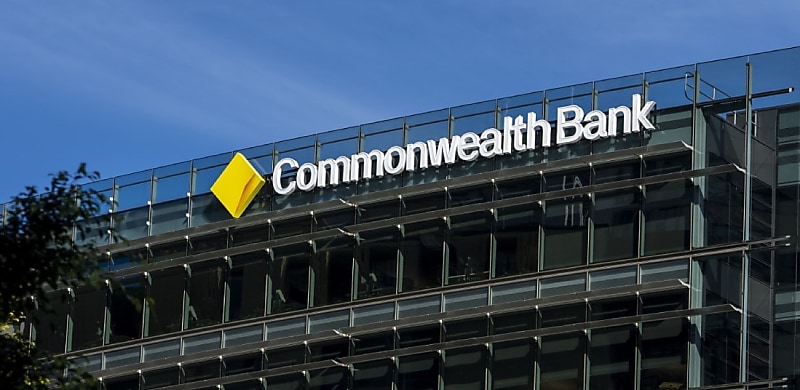
The major bank has pushed the government for ‘urgency’ to ensure the correct policy settings are in place to build new homes.
Major lender Commonwealth Bank of Australia (CBA) has urged the government to consider policy reforms to address housing affordability, warning the problem was “arguably the most immediate economic policy issue” for younger Australians and those on lower incomes.
In its submission to the Productivity Commission’s five inquiries on boosting Australia’s productivity, CBA flagged that supply-side reforms were needed to address cost-of-living and affordability pressures.
Specifically, CBA stressed the need to reverse declining productivity in housing construction, align incentives between all three levels of government to increase supply, address skills shortages, and support first home buyers.
“For example, our customers tell us that end-to-end streamlining of zoning and permitting would reduce the time and cost currently consumed with the approval processes or meeting competing objectives. Bolder incentives to accelerate approvals, aligning incentives between federal, state and local government, and more tightly linking funding to generation supply will also be critical,” its response reads.
It highlighted that the bank had begun “helping to realise untapped potential” within the prefabricated housing industry, including support to streamlining contracting and joining PrefabAUS as the organisation’s first bank member.
“It will take time to build the new homes that Australia requires, which means there is an urgency to get the policy settings right, now,” the major’s submission noted.
“Productivity reform is an opportunity to enable a new era of regulation that works better to realise our collective potential. This is not a question of more or less regulation, but rather an imperative for regulation that is fit for purpose in the decade ahead.”
The major warned that “owning or not owning a home should not become entrenched as a societal fault line”.
While not recommending reforms, the Housing Industry Association (HIA) also bemoaned ‘cascading taxes’ imposed on new homes. It urged engagement with industry on areas where a review of regulation could improve construction industry productivity.
Concerns about a housing shortfall were exacerbated this week after the ABC saw briefing notes, which showed that the Treasury believes the government’s target to build 1.2 million homes by 2029 “will not be met”.
The department also told Treasurer Jim Chalmers that taxes would need to be raised and spending cut to make the federal budget sustainable.
At a Canberra press conference following the ABC report, Chalmers acknowledged that the government needed to do more to meet its housing target and make its budget more sustainable.
CBA snubs corporate tax cuts
Along with housing affordability, the major singled out tax reform as a priority, warning that the government was overly reliant on income tax receipts and that the country’s tax base was too narrow.
It said it would support a superannuation cap that ‘encourages aspiration’ and is set ‘well above’ the level where there is dependence on the state for support in retirement.
However, it stated that it did not support corporate tax cuts.
“We do not believe that lowering the company tax rate should be a priority, provided there is no change to Australia’s imputation credit regime,” its submission reads.
“While we, and no doubt other large companies, would welcome a lower company tax rate, we believed there are other priorities which should lead the productivity reform agenda,” it said, such as targeted interventions to encourage greater investment (potentially funded by reducing concessions to “non-productive parts of the economy”).
In contrast to CBA’s position, the Business Council of Australia said in its submission that a lower corporate tax rate was an ‘essential component’ of any productivity agenda.
The Property Council of Australia also called for tax reform, warning of increasingly complex and costly regulatory and tax regimes for overseas institutional investment in real estate, which it said were a barrier to the delivery of housing.
The organisation recommended the removal of foreign investor surcharges on residential and commercial property and urged for planning system reforms to speed up approvals processes for housing.
In their submissions, both Master Builders and the Council of Small Business Organisations Australia (COSBOA) also recommended a reduction in company taxation for small businesses to 20 per cent.
Both also called for simplified and proportionate regulation for small businesses, while Master Builders urged that taxes on foreign investment in housing be removed or at least reduced.
CBA also highlighted energy security as an urgent priority and said the government should speed up approval times for new energy infrastructure.
Other areas it suggested could be focused on to improve productivity included:
- Giving financial services regulators a more explicit mandate to support sustainable economic growth.
- Prioritising digital identity solutions created by Australian entities aligned to the national interest.
The Productivity Commission is expected to deliver an interim report on its findings later this month and will deliver a final report to the government in December 2025.
[Related: Housing crisis deepens amid affordability woes and supply shortfall]

